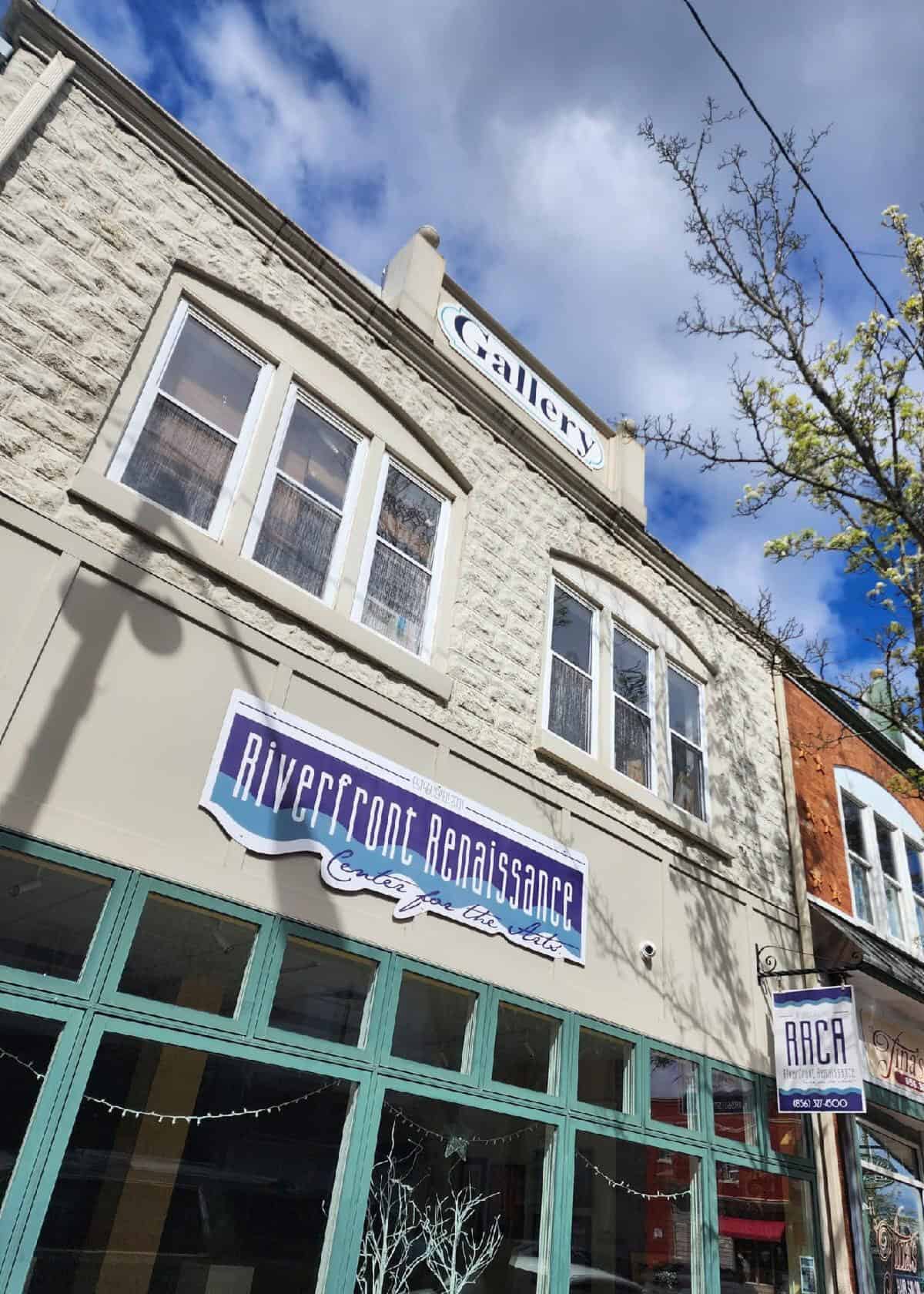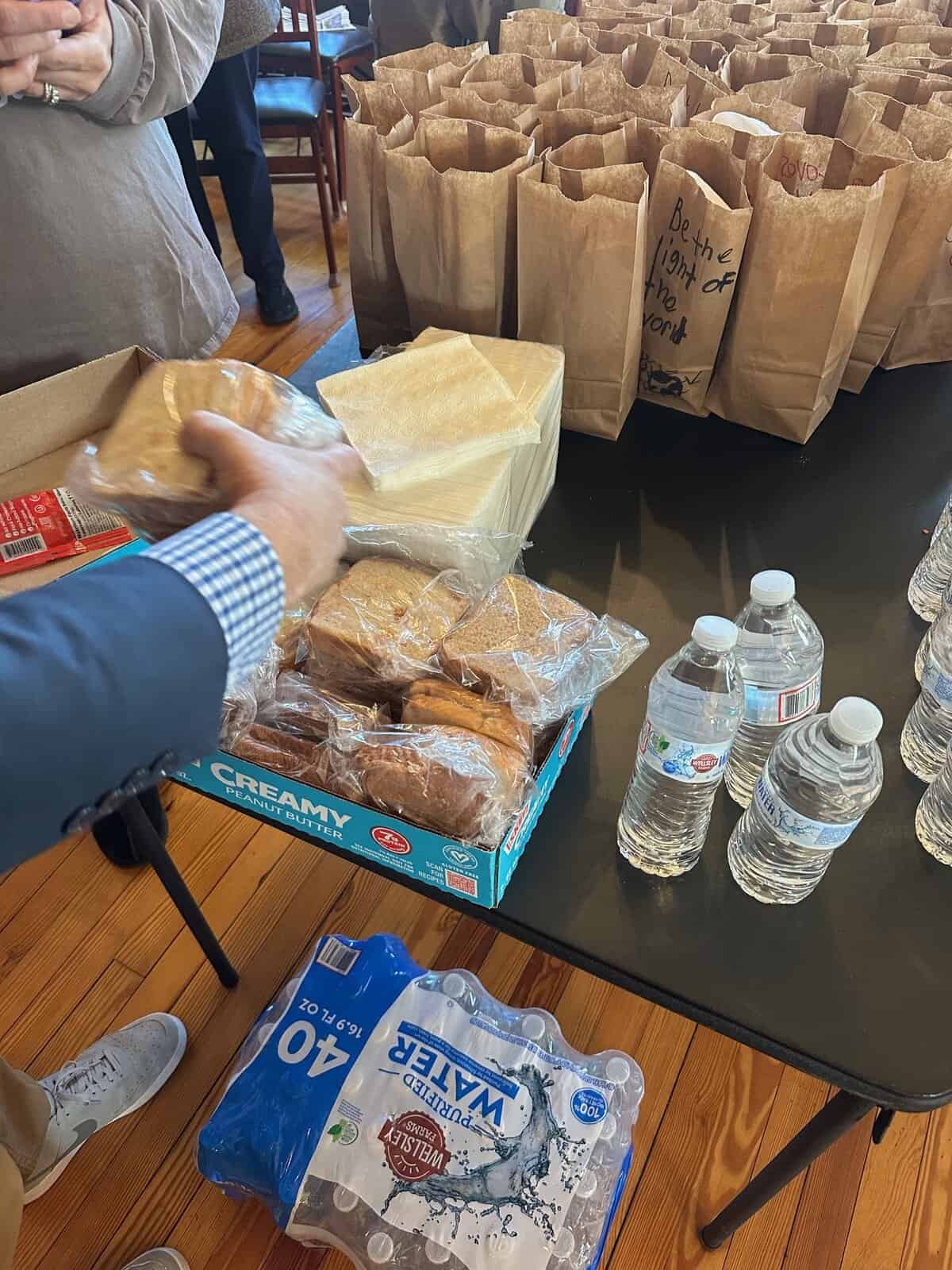Fire Safety
Make it a priority—on and off campus.

Young adults all over the country are getting ready to start college, but do they know how to be fire safe?
“Every second counts when a fire breaks out, especially if you are not familiar with your surroundings as is the case with most new college students,” said David Kurasz, Executive Director of the New Jersey Fire Sprinkler Advisory Board (NJFSAB). “The most important thing a college student can do is actively be aware of their surroundings and note the fire exits in their dorm and each building they visit on campus.”
Kurasz explains that most colleges have strict fire safety protocols and drills, but it is up to the student to pay attention during these sessions. “Knowing this information can help avoid panic and allows students to calmly draw on all the fire safety knowledge they have learned over the years to escape a fire quickly and safely.”
Whether living on, or off-campus, college students also need to practice fire safety and prevention. Here are some tips offered by the National Fire Protection Association (NFPA) and the Center for Campus Fire Safety (CCFS):
• Check for working fire alarms in every bedroom and sleeping areas on each floor, test them monthly.
• When a fire alarm sounds, get out of the building quickly and stay out.
• Check dorm/campus rules before using electrical appliances in your room. Stay in the kitchen when cooking and only cook only when you are alert.
• Check with your local fire department for restrictions before using a grill, fire pit, or chiminea.
New Jersey college students have an extra layer of fire protection because of the State Law passed after a fatal dorm fire at Seton Hall University in 2000. New Jersey law requires all college buildings to be equipped with fire sprinklers.
Unfortunately, not every State has this requirement. The NFPA reports that fires in college dormitories, Greek housing, and barracks have been steadily increasing and CCFS documented 92 fatal fires claiming a total of 132 victims since 2000. Of these fires, 38 were accidental and caused by cooking, candles, smoking or electrical issues, claiming 51 victims.
Parents and students are advised to take a closer look at potential living arrangements when choosing to reside off-campus. “Sprinklers are critical because they can quickly suppress a fire, reduce property damage, and give you more time to exit the building,” said Kurasz. “Having a fire sprinkler can reduce the chance of fire fatality by 85 percent. Selecting college housing, particularly out-of-state or off-campus that is fully sprinklered is ideal to keep students safe.”
According to The Center for Campus Fire Safety, 79 of the fatal fires occurred in off-campus housing, claiming 113 victims. Consider these questions before signing a lease.
• Does the apartment or home have fire sprinklers installed? Is it possible for the landlord to install them before moving in?
• What kind of smoke alarms do you have? Are there any problematic areas?
• Is there an alternate escape route? Do the windows open? Is there anything preventing you from safely exiting the building using this plan?
• Are there enough outlets to handle all electrical needs?
He adds, “Although September is National Campus Fire Safety Month, and it is important to get students thinking about fire safety now, before they move into the college environment. Preparing ahead of time could save not only your life, but the lives of others.”
The NJFSAB hosts FREE Fire Sprinkler Burn Trailer demonstrations for colleges, schools and local communities to educate the public about fire safety and to illustrate first-hand how quickly sprinklers work in real-time to suppress fires and save lives and property.
A burn demonstration will be held at Rutgers University on September 19, Livingston Campus, Piscataway, NJ (Large side-by-side burn trailer). For more information about Burn Trailer demonstrations contact NJFSAB at 866-226-6006 or visit njfsab.org.







